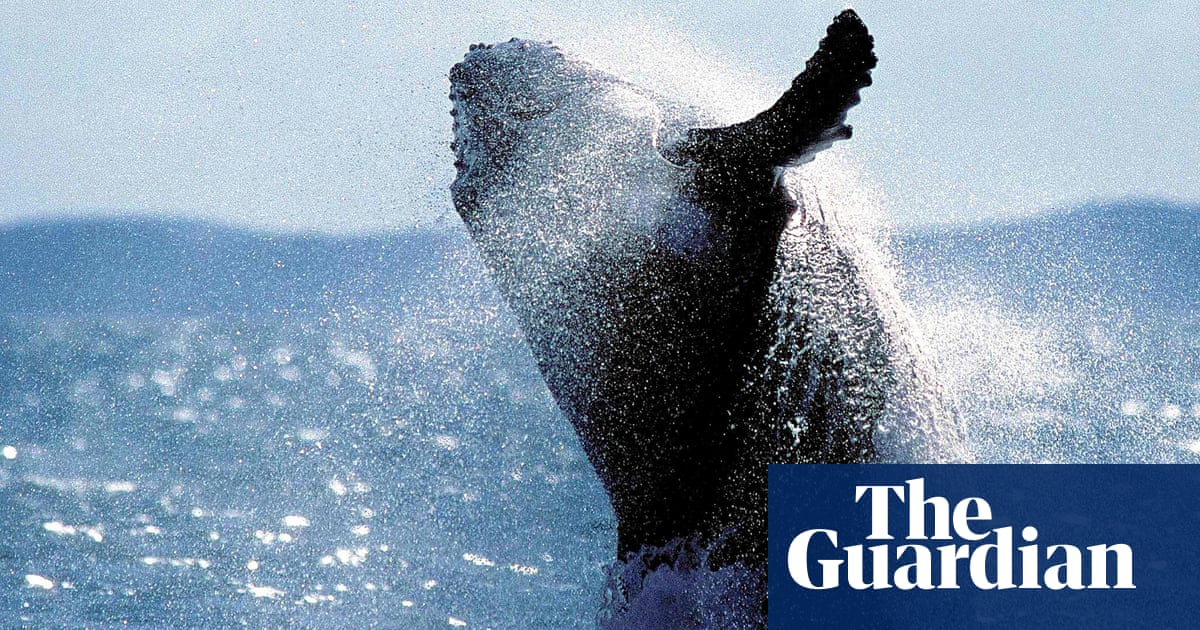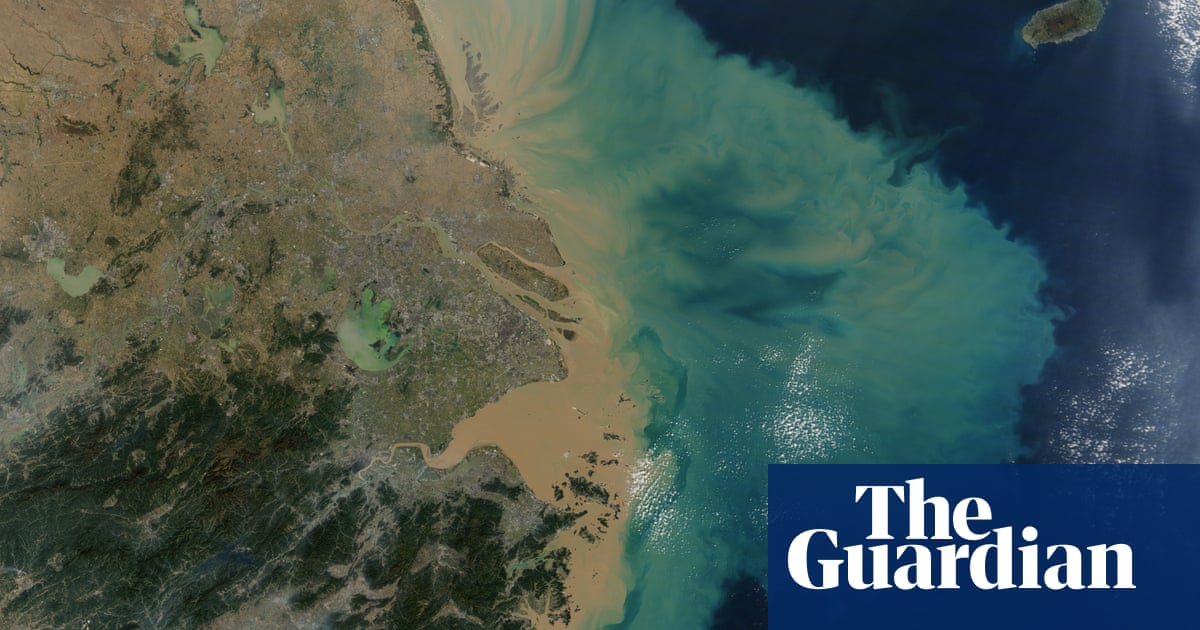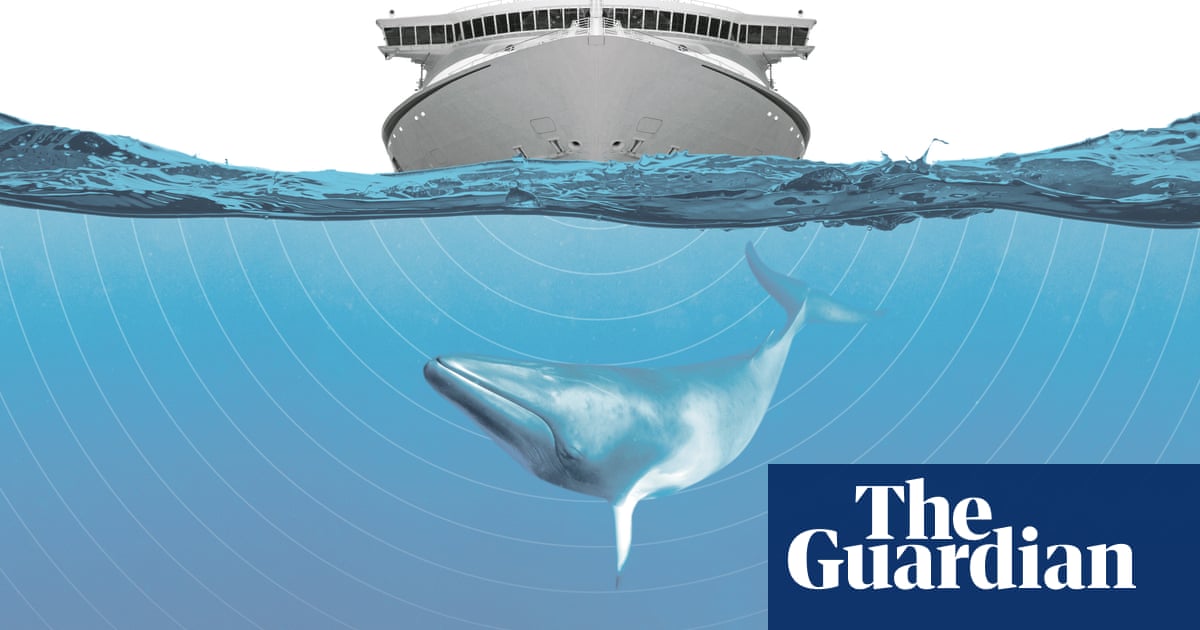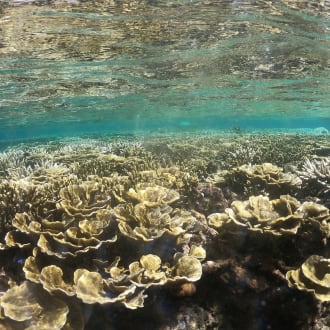
7 Best Articles on Oceans
The most useful articles on oceans from around the web, curated by thought leaders and our community.
Refind focuses on timeless pieces and updates the list whenever new, must-read articles or videos are discovered.
Top 5 Oceans Articles
At a glance: these are the articles that have been most read, shared, and saved on oceans by Refind users in 2024 so far.
- The Hunt for Earth’s Deep Hidden Oceans
- Oceans can be restored to former glory within 30 years, say scientists
- An ocean of noise: how sonic pollution is hurting marine life
- How will our beloved reefs survive in the oceans of the future?
- What happens when a huge ship sinks? A step-by-step guide to averting disaster
Short Articles
Short on time? Check out these useful short articles on oceans—all under 10 minutes.
What happens when a huge ship sinks? A step-by-step guide to averting disaster
From the EverGiven blocking the Suez, to the Costa Concordia cruise ship hitting a reef, what exactly do you do when a vessel comes to grief – and how do you prevent catastrophic pollution?
Oceans can be restored to former glory within 30 years, say scientists
Major review reports recovery of marine life but a redoubling of efforts is still needed
Ocean temperatures hit record high as rate of heating accelerates
Oceans are clearest measure of climate crisis as they absorb 90% of heat trapped by greenhouse gases
The Hunt for Earth’s Deep Hidden Oceans
Water-bearing minerals reveal that Earth’s mantle could hold more water than all its oceans. Researchers now ask: Where did it all come from?
Is Netflix's Seaspiracy film right about fishing damaging oceans?
Are the activities of the fishing industry destroying the world's oceans as a new film suggests?
Long Articles
These are some of the most-read long-form articles on oceans.
An ocean of noise: how sonic pollution is hurting marine life
The long read: Today’s oceans are a tumult of engine roar, artificial sonar and seismic blasts that make it impossible for marine creatures to hunt or communicate. We could make it stop, so why don’t…
«But volume of traffic needs to be reduced: quieter ships might lead to more ship collisions if whales cannot hear approaching danger.»
How will our beloved reefs survive in the oceans of the future?
A warming planet and acid oceans will radically transform marine ecosystems. How will our beloved reefs survive?
What is Refind?
Every day Refind picks the most relevant links from around the web for you. Picking only a handful of links means focusing on what’s relevant and useful.
How does Refind curate?
It’s a mix of human and algorithmic curation, following a number of steps:
- We monitor 10k+ sources and 1k+ thought leaders on hundreds of topics—publications, blogs, news sites, newsletters, Substack, Medium, Twitter, etc.
- In addition, our users save links from around the web using our Save buttons and our extensions.
- Our algorithm processes 100k+ new links every day and uses external signals to find the most relevant ones, focusing on timeless pieces.
- Our community of active users gets the most relevant links every day, tailored to their interests. They provide feedback via implicit and explicit signals: open, read, listen, share, mark as read, read later, «More/less like this», etc.
- Our algorithm uses these internal signals to refine the selection.
- In addition, we have expert curators who manually curate niche topics.
The result: lists of the best and most useful articles on hundreds of topics.
How does Refind detect «timeless» pieces?
We focus on pieces with long shelf-lives—not news. We determine «timelessness» via a number of metrics, for example, the consumption pattern of links over time.
How many sources does Refind monitor?
We monitor 10k+ content sources on hundreds of topics—publications, blogs, news sites, newsletters, Substack, Medium, Twitter, etc.
Can I submit a link?
Indirectly, by using Refind and saving links from outside (e.g., via our extensions).
How can I report a problem?
When you’re logged-in, you can flag any link via the «More» (...) menu. You can also report problems via email to hello@refind.com
Who uses Refind?
450k+ smart people start their day with Refind. To learn something new. To get inspired. To move forward. Our apps have a 4.9/5 rating.
Is Refind free?
Yes, it’s free!
How can I sign up?
Head over to our homepage and sign up by email or with your Twitter or Google account.
Keep Learning
Get the big picture on your favorite topics.






